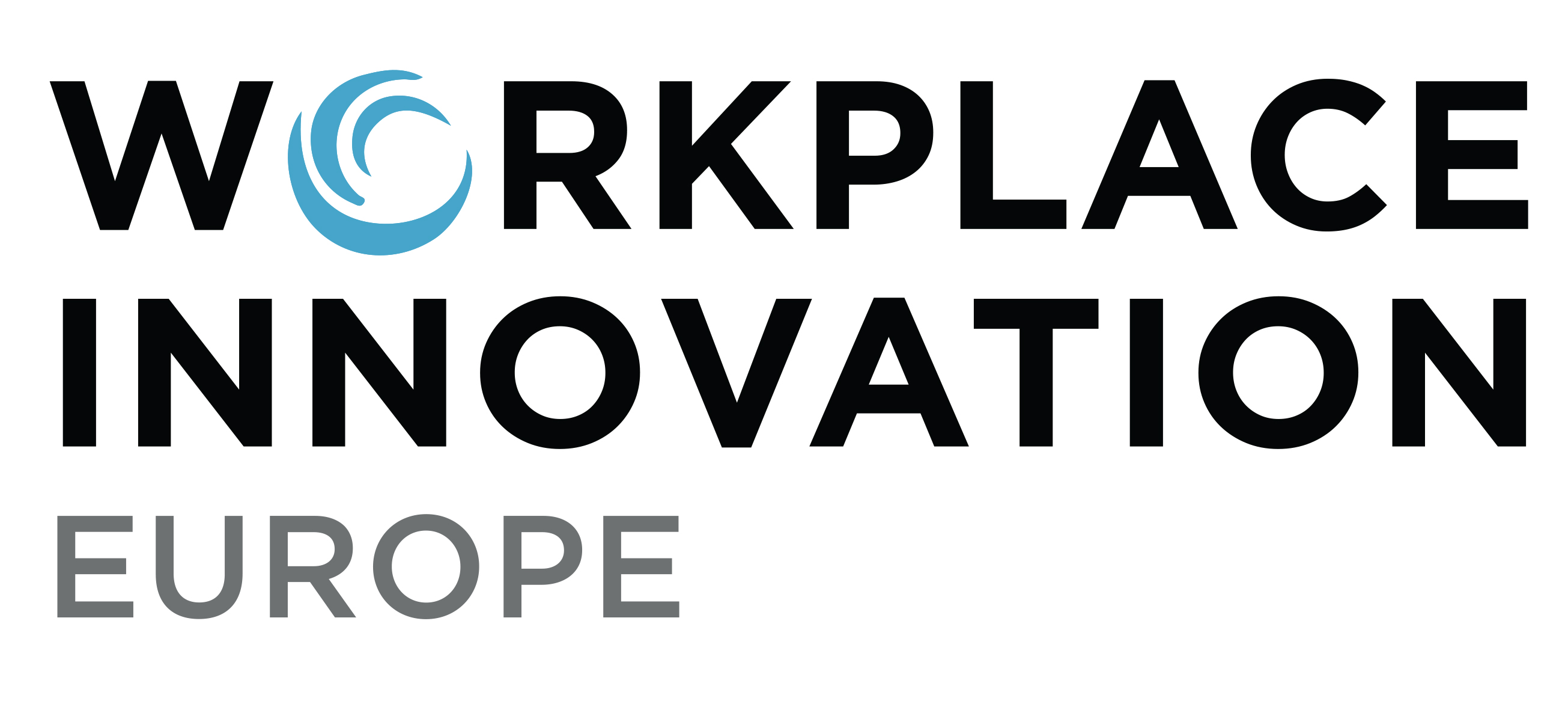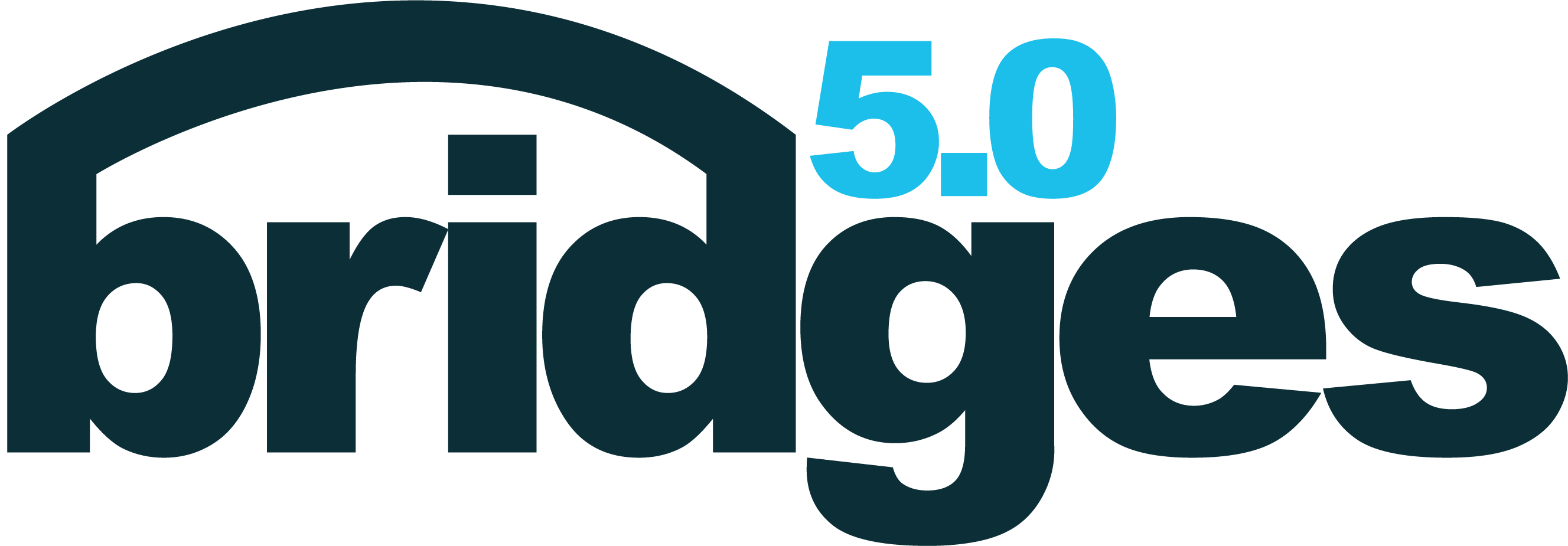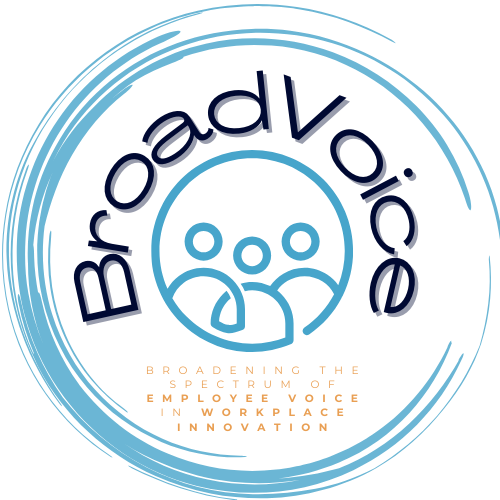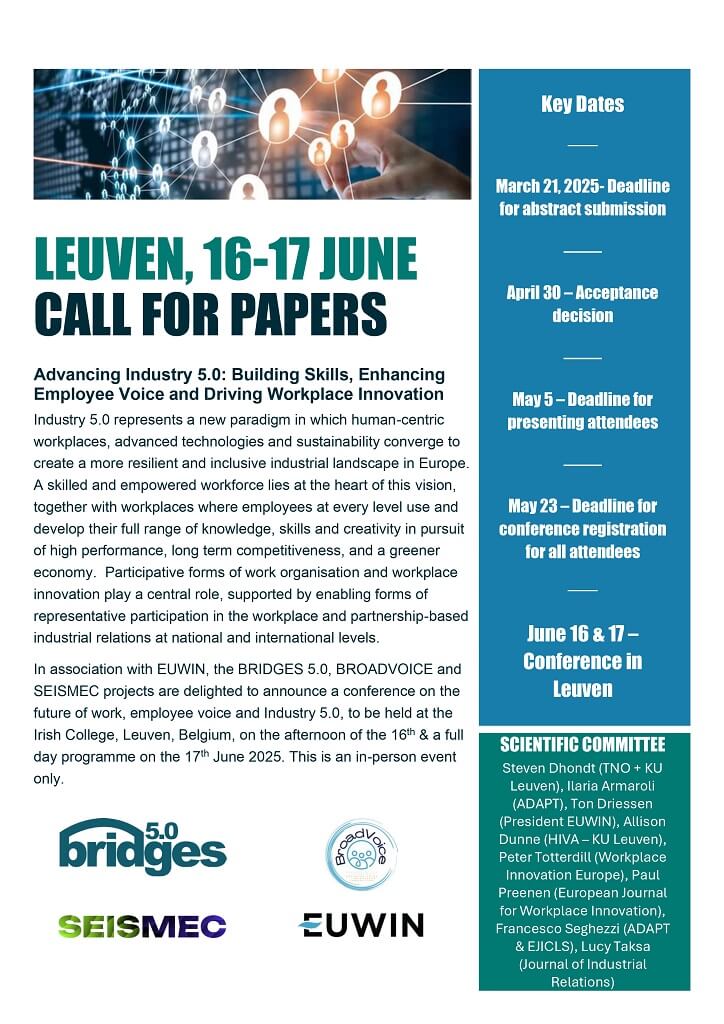

Advancing Industry 5.0 Conference
16th June 2025 - 17th June 2025
Advancing Industry 5.0:
Building Skills, Enhancing Employee Voice and Driving Workplace Innovation
16th June and 17th June
Irish College, Leuven, Belgium
Registrations are now closed. Thank you!
Industry 5.0 represents a new paradigm in which human-centric workplaces, advanced technologies and sustainability converge to create a more resilient and inclusive industrial landscape in Europe. A skilled and empowered workforce lies at the heart of this vision, together with workplaces where employees at every level use and develop their full range of knowledge, skills and creativity in pursuit of high performance, long term competitiveness, and a greener economy. Participative forms of work organisation and workplace innovation play a central role, supported by enabling forms of representative participation in the workplace and partnership-based industrial relations at national and international levels.
In association with EUWIN, the BRIDGES 5.0, BROADVOICE and SEISMEC projects are delighted to announce a conference on the future of work, employee voice and Industry 5.0, to be held at the Irish College, Leuven, Belgium, on the 16th & 17th June 2025.
This is an in-person event only.
The Call for Papers Ended. Thank you for your submissions!
We invite researchers, practitioners and thought leaders to contribute insights and findings.
PROGRAMME
16th June
12.30

EUWIN General Assembly (for EUWIN subscribers only)
13.30
Registration
14.00
Opening Plenary Employee Voice at a time of Transformation
Keynote speakers:

David Guest
Kings College London

Miguel Martinez Lucio
University of Manchester

Sissel C. Trygstad
Fafo (independent social science research foundation)
15.30
Break
PARALLEL SESSIONS
16.00 – 17.45
Topic: Human Centricity
Track 1: Employee Participation and the Transition to Industry 5.0
Papers:
Dessers, E – Enhancing employee wellbeing through participative workplace innovation and technology: a persona‐based approach
Nijland, K – Exploring assistance system needs of production workers: a multiple case study at manufacturing SMEs
Zhu, D – An Ecological Approach to Hybrid Workspace Creativity: Expert Opinions
16.00 – 17:45
Topic: Industrial relations institutions and trade unions in the face of technological, organisational and environmental transformations
Track 3: Strengthening Employee Voice at the Workplace
Papers:
Marc van der Meer (SBI Foundation, Jaap Jongejan (SBI Foundation), Jytte Glissenaar (SBI Foundation) – The hesitant institutionalization of the Council for Sustainable Participation: evidence of a manifesto, a survey, and six case-studies on the renewal of co-determination in the Netherlands
Johan Røed Steen (Fafo Institute), Anne Inga Hilsen (Fafo Institute) – Industry 5.0 and social dialogue: the case of Norway
Nicolas Vispi (ANACT) – Giving substance to technological social dialogue in the context of the deployment of AI in the workplace: How to ensure that we are in a position to discuss incontrovertible innovation
Pulignano V, Frangi L, Vereycken Y, Dor L., Rutherford T., Vermeerbergen L – Trade Union Power and Quality of Working Life Amid Industry 4.0: Bargaining Outcomes in Truck and Car-Component Automotive Plants
Jan Johansson (LTU), Kenneth Abrahamsson (LTU) – The trade unions and worker representatives’ approach towards direct worker participation across different EU countries
Francesco Gentilini (University of Modena and Reggio Emilia) – Digitalisation, working conditions and the role of industrial relations: the case of the Motor Valley in Emilia Romagna, Italy
17.45
Close
17th June
09.00
Registration and refreshments
09.30
Welcome and plenary Advancing Industry 5.0: Building Skills, Enhancing Employee Voice and Driving Workplace Innovation
Opening words:

Diana Ognyanova (Policy Officer)
European Commission
Keynote speakers:

Luca Marcolin (Empirical economist)
Directorate for Employment, Labour and Social Affairs at OECD.

Laura Nurski (Associate research fellow)
CEPS Future of Work trends – the interplay between people and technology in jobs.

Roland Sommer (Managing director)
Austrian Platform Industry 4.0
10.45
Break
PARALLEL SESSIONS
11.00 – 12.45
Topic: Technology & People
Track 1: Employee Participation and the Transition to Industry 5.0
Papers:
Von Axelson, J – System evaluation for people-centred technology implementation
Warhurst, C – From value proposition to value creation: everything you always wanted to know about Industry 5.0 but were afraid to ask
Wolffgramm, Milan – How Human-Centric is Your Technology Implementation?: Developing a Practical Quick Scan Based on Core Design Principles
Costello, S – People, Culture and Skills as Drivers of Digital Maturity and Sustainability – An Industry Peer-to-Peer Assessment
Cantini, G – Employee Participation and the Transition to Industry 5.0
11.00 – 12.45
Topic: Identifying future skills needs
Track 2: Developing Skills and Creating Learning Organisations for Industry 5.0
Papers:
Pelucchi, M – The Career Bridge to Industry 5.0: Mapping Job Transitions and AI-Driven Skill Gaps for the Future of Work
Zirnstein, E – Beyond the Data: A New Framework for Skill Forecasting
Mezentseva, A – Foresight Scenarios for Future Work Skills: Supporting Human-Centric and Sustainable Digital Transformation in Central European Industries
Hernandez, I – Skills for the Transition to Industry 5.0: Leveraging the Benefits of Artificial Intelligence in Human-Centered Work Environments
Curci, Y – The Path Toward a Human-Centric Digital Transformation: What the Learning Capacity of Organisations Can do for Jobs Skills Matching
Thil, L – The future of Europe by 2040: A foresight exercise
11.00 – 12.45
Topic: Learning pathways and skill development
Track 2: Developing Skills and Creating Learning Organisations for Industry 5.0
Papers:
Rupp, K – A Methodology to generate new Learning Pathways for Industry 5.0 needs
Ziarsolo, U – Adaptation of the High Vocational Education and Training Specialisation programme “Smart Manufacturing” for Industry 5.0 requirements
Ituarte, I – Advancing Learning Factories for Industry 5.0: A Human-Centric Approach to Workforce Transformation
Papacharalampopoulos, A – Industry 5.0 interventions: towards an approach for behavioral Teaching Factories
Winkelman, L – Igniting the engines of skill development: A meta-ethnographic exploration of contextual triggers and enablers of learning among production workers
11.00 – 12.45
Topic: The interplay between representative and direct worker participation and influencing factors
Track 3: Strengthening Employee Voice at the Workplace
Papers:
Roy Peijen (TNO) – The importance of measuring voice for human-centric technology
Yennef Vereycken (KU Leuven) – Stronger together? On the interaction of direct and representative employee participation in technological change
Clément Ruffier (presenting author), Ségolène Journoud (ANACT) – Integrating Social and Work-related Dialogue: A Critical Factor in Work transitions
Francesca Sgobbi (University of Brescia) – Joint Decision-Making in Employee Participation: The Complementary Roles of Bargaining and Participative Decision-Making
Ilaria Armaroli (ADAPT) – Embedding direct participation into industrial relations: enabling conditions across different EU workplaces
Vassil Kirov (IPS-BAS) – Why has direct employee participation failed in Central and Eastern Europe?
11.00 – 13.00
![]()
Seismec Workshop
12.45
Lunch
13.30 – 15.15
Topic: Organisational Learning & Workplace Change
Track 1: Employee Participation and the Transition to Industry 5.0
Papers:
Keller, M – Empowering Shopfloor Employees: Integrating Workplace Learning and Knowledge Capturing for Human-Centric Industry 5.0 Transformation
Confurius, D – Solution directions for human-centred implementation of digital technologies in industry: insights from the SEISMEC project
Schartinger, D – Recent trends in industrial transformation: A literature review and a process framework
Bak, V – Redefining Success: Competing Perspectives on Workplace Technology Adoption
Oeij, P & Krause, F – Human-centricity as a driver of workplace innovation
13.30 – 15.15
Topic: Workplace transformation and technological integration
Track 2: Developing Skills and Creating Learning Organisations for Industry 5.0
Papers:
Hulsegge, H and van der Torre, W – Own Rhythm or Algorithm: the impact of algorithmic management on job quality and skills
Saatçi, B – Balancing Tradition and Innovation Amidst Industry 5.0: The Evolving Skills and Work Practices in European Manufacturing Industry
Visschedijk, S – Crafting the Future: stimulating technology appropriation in SMEs through learning communities
Rhomberg, W – Exploring the link between Industry 5.0 adoption and innovation performance in manufacturing
Bal, M – Bending and welding the service triangle.” A case study on the cascading effects of organizational redesign and technological innovation on service work
13.30 – 15.15
Topic: Case studies – Regional and sectoral transitions to Industry 5.0
Track 2: Developing Skills and Creating Learning Organisations for Industry 5.0
Papers:
Clarke, L – Contrasting social relations of production, vocational education and training, and use of technology in different European countries: the case of scaffolding transitioning to Industry 5.0
Ivory, C – Industry 5.0 as an emergent, contingent practice amongst manufacturing firms in the UK, Germany, Italy and Sweden
Birkeland, T – Transformational leadership in preparedness for economic and societal transformation: A case of regional upskilling in Norway
Sinkeldam, I – The Human Capital Community: strengthening HR capacity and learning in SMEs through a practice-based, regionally embedded approach
Ferrulli, I – Unfolding Smart Specialisation Strategies: Structural Change and Labour upgrading across European regions
13.30 – 15.15
Topic: New avenues of development for collective bargaining and worker participation: some interesting company cases
Track 3: Strengthening Employee Voice at the Workplace
Papers:
Armanda Cetrulo (Scuola Superiore Sant’Anna di Pisa) – Negotiating working time reduction while preserving job quality? Analysis of the bargaining process and outcomes of collective agreements in two large manufacturing firms in Italy
Lara Obereiner (Helex Institute) – The agile transformation of companies – redefining skillsets and remuneration systems?
Angela Zaniboni (University of Siena) – Direct and Representative Participation: An Integrated Model at Automobili Lamborghini
Karolien Lenaerts (HIVA, KU Leuven) – Challenging conventional narratives on trade unions’ attitudes towards decarbonisation – a case-based analysis
Francesco Lauria (Centro studi CISL) – Comparative Report Methodology of 14 Manufacturing Cases
Silvia Napolitano (Lecnam) – Industry 4.0 Technologies in French Collective Agreements: Assessing Digital Practices through an Industry 5.0 Framework
13.30 – 15.15
Topic: Panel discussion with companies embedding human centricity
Track: Company panel – This session aims to bring company and worker perspectives into the conference proceedings. We’re planning as interactive a session as possible including short presentations, video, facilitated discussions and audience participation.
Matteo Fedeli (Infineon, Austria)
Tony Murphy (IDEAS, Ireland)
John Roulstone (Kirchhoff Automotive, Ireland)
Roy Werkman (ASML, Netherlands)
Facilitator: Peter Totterdill (Workplace Innovation Europe)
15.15 – 15.45
Coffee and Posters
The use of artificial intelligence in personnel selection: impact on access to employment for women at risk of exclusion
A laboratory experiment to test the efficacy of a human-centric organization in the context of vocational education and training program
A systematic review: Under the microscope, the Collaboration Ecosystem – what has been hiding in plain sight?
Skill assessment: Mapping Individual Needs for Upskilling and Reskilling in Battery Industry
From Smart Specialization to Creative Collaboration
Upskilling for Industry 5.0 Transition – The CTO 5.0 Training Program
15.45
Closing Plenary
Stavroula Demetriades (Eurofound)
Linda Clarke (Westminster Business School)
Paul Ligthart (Radboud University Nijmegen)
Bart Vandensande (ATLAS Copco)
Aline Hoffmann (ETUI)
Harmut Hirsch-Kreinsen (TU Dortmund)
Closing remarks: Steven Dhondt
17.00


 Close
Close
LOGISTICS
VENUE
Irish College, Janseniusstraat 1, 3000 Leuven, Belgium. (Google maps link)
HOTELS
Participants are responsible for their own travel and accommodation.
A list of hotels within an acceptable distance of the venue can be found here.

Project No. 101126433
Funded by the European Union. Views and opinions expressed are however those of the author(s) only and do not necessarily reflect those of the European Commission. Neither the European Union nor the granting authority can be held responsible for them
Photo by Artem Podrez




